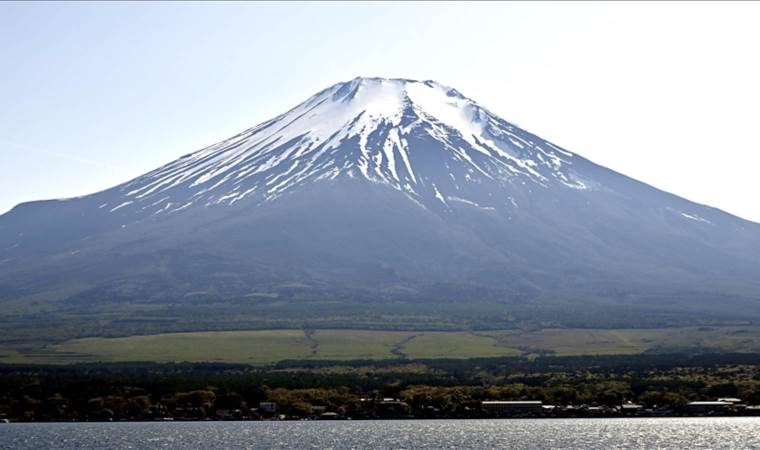Climate change raises winter temperatures in Japan
Climate change is already impacting Japan, leading to an increase in winter day temperatures.

A report by US-based research group Climate Central, released this month, showed that the average daytime temperature in Fuji, a city near Mt. Fuji in eastern Shizuoka province, has risen above freezing.
Fuji recorded the highest number of days with rising temperatures among 57 Japanese cities.
The analysis of daily minimum temperatures during the winter months — December, January, and February — revealed that Japan experienced at least eight additional days above freezing annually between 2014 and 2023, primarily due to human-caused warming.
Japan’s temperatures have been steadily increasing in recent years, with the five hottest years occurring between 2019 and 2023, according to the Japan Meteorological Agency.
The long-term trend shows an average rise of 1.35°C per century.
The report attributes this warming mainly to the burning of oil, coal, and methane gas in Japan.
“Losing winter’s chill affects snowfall, winter sports, water supplies, spring allergies, crops,” the report emphasized.
Most Read News
-
 Australia’s Albanese announces intelligence review follo
Australia’s Albanese announces intelligence review follo
-
 Trump to be presented with new plans to attack Iran duri
Trump to be presented with new plans to attack Iran duri
-
 10 killed, 10 others wounded in tavern shooting west of
10 killed, 10 others wounded in tavern shooting west of
-
 French presidency welcomes Putin's willingness to hold t
French presidency welcomes Putin's willingness to hold t
-
 Russia lacks capability to conquer Ukraine or Europe: US
Russia lacks capability to conquer Ukraine or Europe: US
-
 US seizes oil tanker last docked in Venezuela
US seizes oil tanker last docked in Venezuela
-
 US offers trilateral meeting with Russia, Ukraine, says
US offers trilateral meeting with Russia, Ukraine, says
-
 Some Epstein documents, including Trump photo, reportedl
Some Epstein documents, including Trump photo, reportedl








